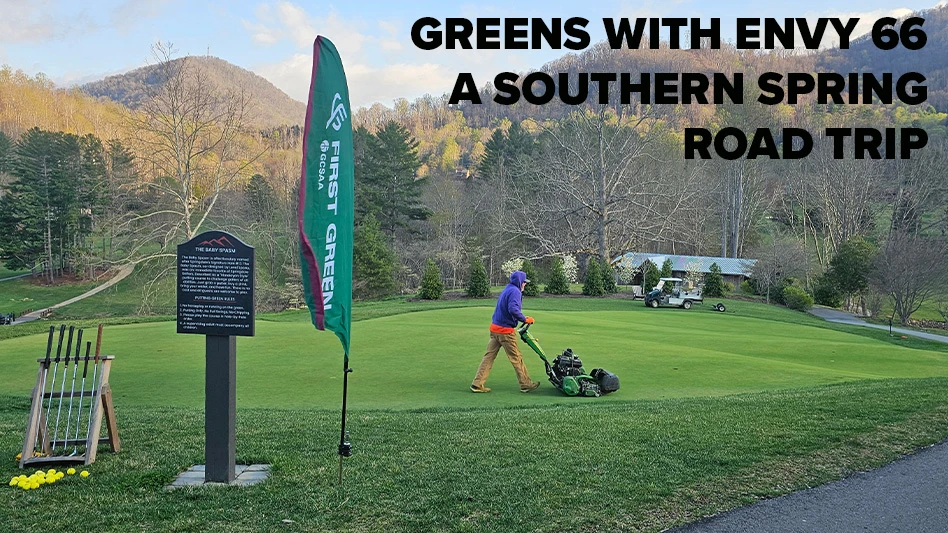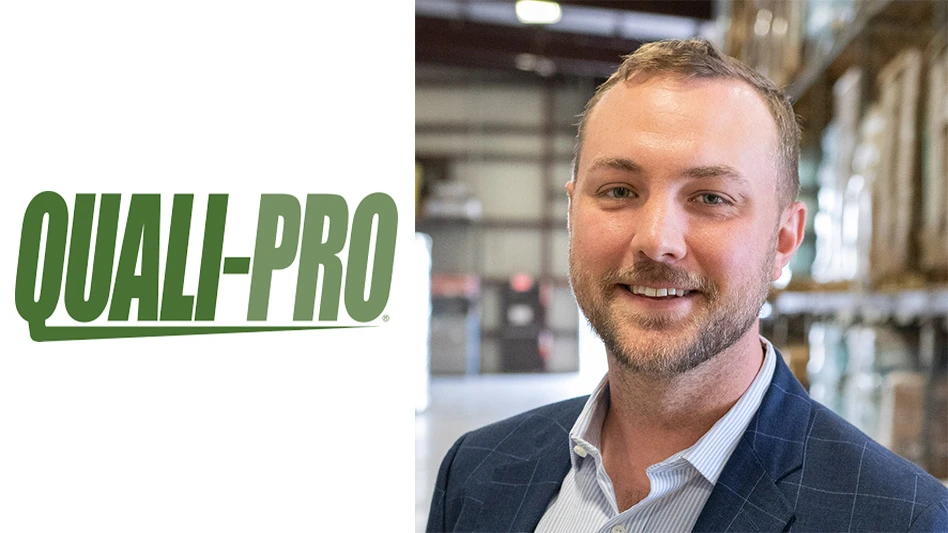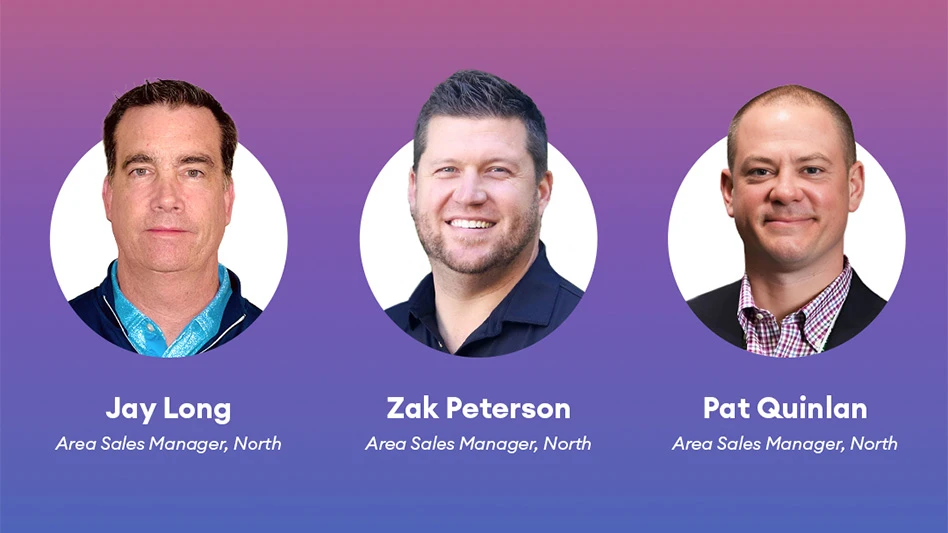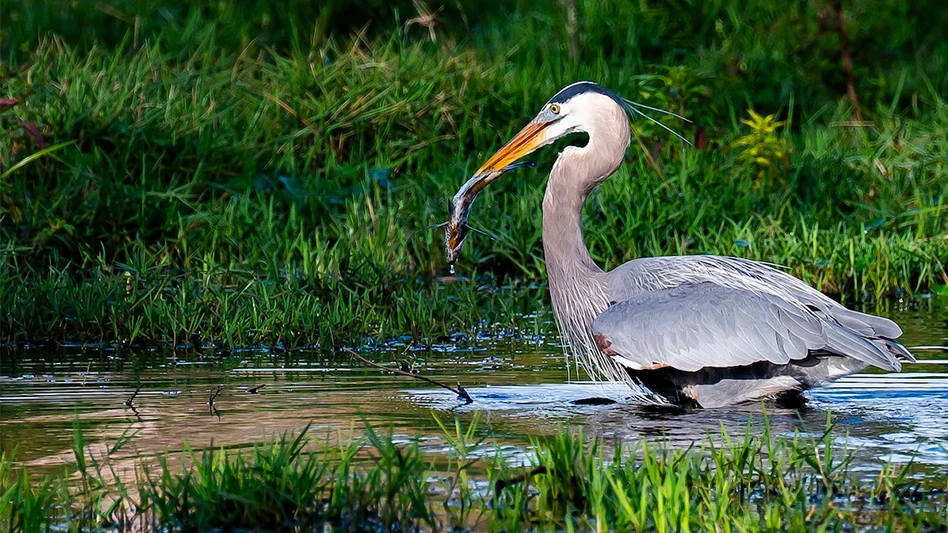So, it’s time to install a new irrigation system and your knee deep in the planning process. You have a design, a contractor, the chosen manufacturer and supplier, and the money. So, your all set to go? Well maybe not. Have you thought about permits?
People believe a permit is required for an irrigation system when it is part of a golf course renovation project because that requires earth-moving permits and irrigation is covered in that permit. But a system-only installation may require a permit or two, or possibly several. Some permits may be obvious, some a little obscure and others that make no sense at all. Required permits are broken down into several categories.
Environmental
Wetlands always need to be dealt with and in most states all you need to be doing is working within the vicinity of the wetlands to require a permit. There are saltwater and freshwater wetlands. If you are going to disturb them, you will need a permit. But even if you are working in the buffer of a wetland, which can be anywhere from 25 to 100 feet or more, you may need a permit. In addition to federal and state wetland regulations, you may have a local wetland restriction in the form of a bylaw. These are usually much more restrictive than state or federal wetland regulations.
If you have to go over or under a stream or creek, you will need a permit. This most likely will be part of the wetlands permitting, but not always. Even if you are attaching pipe to a bridge, you will require a permit as you are breaking the bank on each side and are technically in the wetland or its buffer.
If your water source is a pond, or will be a pond, you will need a permit for the land disturbance of the pond construction. If you have a pond and are constructing a new pump station intake, you will need a permit for breaking the bank into the pond. Again, this may be part of the wetland permit. If the existing pond is being drained or significantly lowered, you may need a permit for moving/disturbing the fish.
Building
If you are building a new pump house, then it will require significant permitting. You will need a building permit in most jurisdictions. If the new pump house is close to the pond, it most likely is in the wetland buffer. Or if you’re pumping out of a river, there may be a river protection act that you will be required to deal with. Rivers and streams also have floodplains, so if your pump house is in the floodplain, it will have to be permitted for that.
If the pump house is new or on a different place on the golf course, then it may have to go through local site-plan review. If you’re unlucky, you may need to seek approval from the zoning commission or board.
Electrical
An electrical permit will be required for an irrigation system with a conventional control system for the 120/220-volt wire. If you are powering fans, drinking fountains or anything that requires 120 or higher voltage wiring, then it will require an electrical permit and an electrician. The pump house/station work, if new, will require an electrical permit, which is usually separate from the building permit. Recently, a course had to get a permit for a project just for the grounding. For 2 -wire systems, you may or may not need a permit depending on how that state handles low-voltage wiring. Technically, a permit is required to install the wiring, regardless of the voltage in most states.
Plumbing
If you are using potable water, you will possibly need a plumbing permit, but definitely a permit for the backflow prevention device. This makes sense. What about a plumbing permit for an irrigation system that uses water from a well, lake or pond? It depends where you are. I have had two projects where a plumbing permit was required even though the water source was not potable water.
Miscellaneous
If your piping system is crossing any private roads, they may require a road crossing permit. If they are public roads, you will most likely need a road crossing permit. These crossings will be required to be constructed per the authority having jurisdiction’s standards and requirements. These can be quite varied depending on the golf courses location.

Explore the October 2018 Issue
Check out more from this issue and find your next story to read.
Latest from Golf Course Industry
- From the publisher’s pen: Technology diffusion and turf
- Applications open for 2025 Syngenta Business Institute
- Smart Greens Episode 1: Welcome to the digital agronomy era
- PBI-Gordon promotes Jeff Marvin
- USGA investing $1 million into Western Pennsylvania public golf
- KemperSports taps new strategy EVP
- Audubon International marks Earth Day in growth mode
- Editor’s notebook: Do your part





